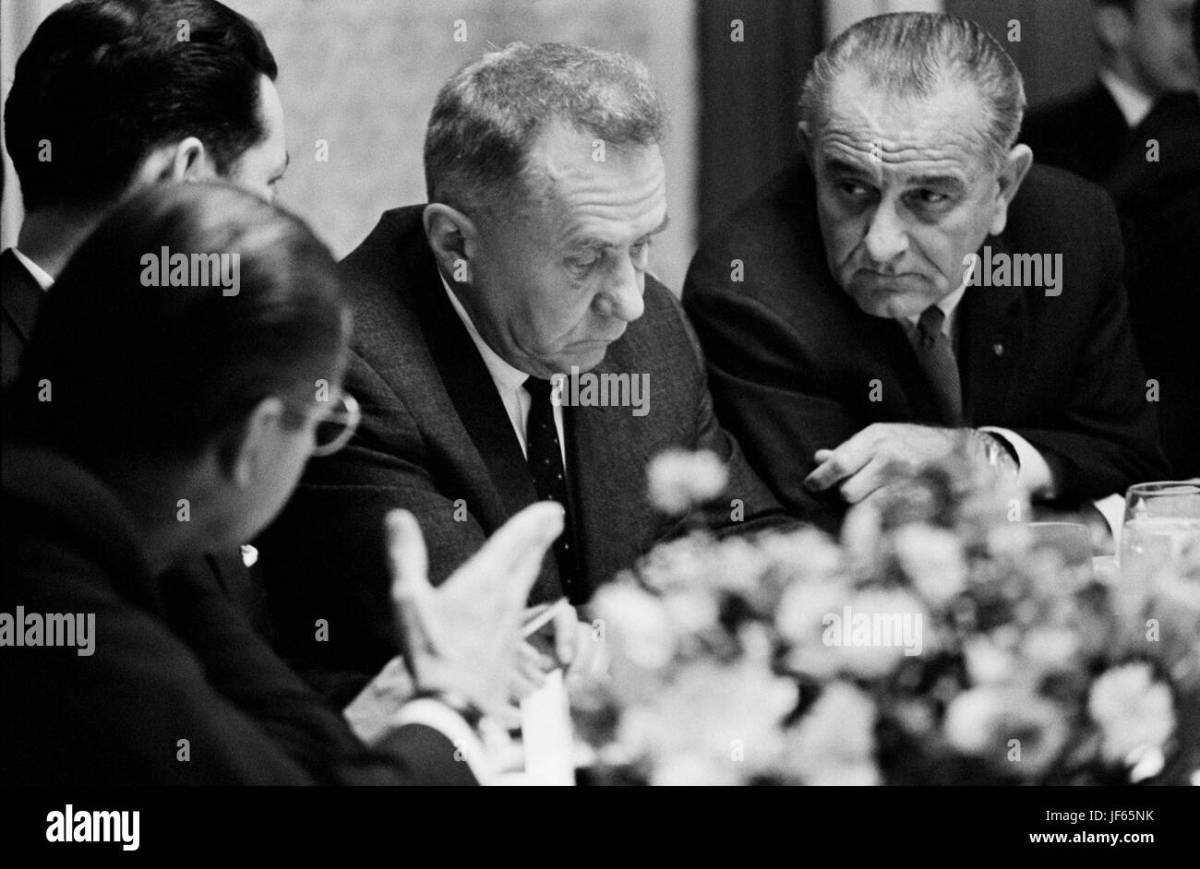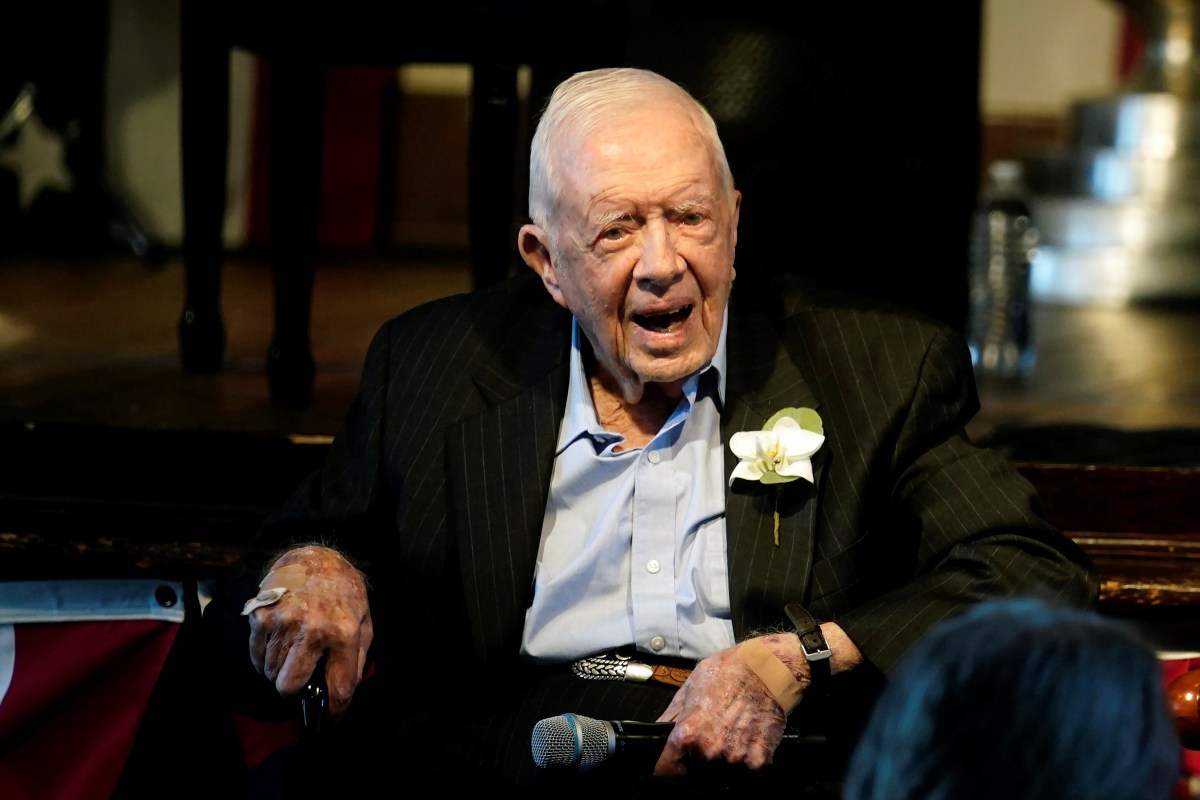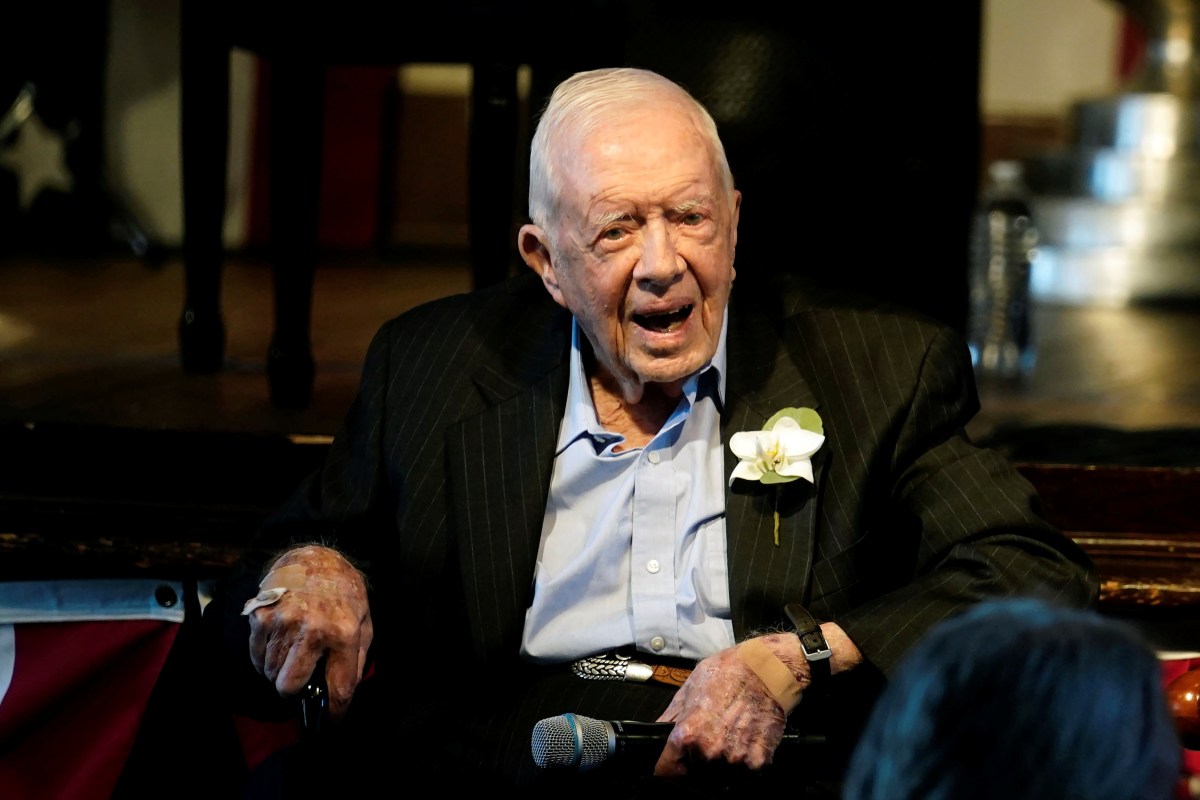U.S. stock markets close to honor former President Jimmy Carter—a moment of reflection amidst the usual hustle and bustle of Wall Street. This event prompts us to consider the complex interplay between national events and market behavior. We’ll explore how the markets reacted to the news of his passing, comparing this response to previous presidential deaths and examining the underlying economic and emotional factors at play.
Okay, so the U.S. stock markets observed a moment of silence for President Carter, a really respectful gesture. It got me thinking about other things happening today, like catching the big game – check out the details on where to watch Penn State vs. Notre Dame: Time, TV channel, preview for the if you’re interested. Anyway, back to the markets, it’s a pretty significant tribute to a remarkable leader.
Get ready to dive into a fascinating look at the intersection of politics and finance.
This analysis will delve into the immediate market reactions, including movements in the Dow Jones, S&P 500, and Nasdaq. We’ll compare these reactions to those following the deaths of other former presidents, looking for patterns and unique aspects. Furthermore, we’ll investigate the influence of President Carter’s economic policies and their long-term impact on the market, considering both the short-term emotional response and the potential for longer-term shifts in investor confidence.
Market Reactions to President Carter’s Passing
The passing of former President Jimmy Carter prompted a muted response in the U.S. stock markets. While the markets did not experience significant immediate plunges or surges, the event undeniably registered as a moment of national reflection influencing trading activity. This section will examine the market’s immediate reaction, compare it to reactions following other presidential deaths, and analyze any unusual sector-specific activity.
Immediate Market Response
Upon the announcement of President Carter’s death, the major indices exhibited a relatively calm reaction. The Dow Jones Industrial Average (DJIA), S&P 500, and Nasdaq Composite experienced minor fluctuations, but these movements were within the typical daily range of volatility. There wasn’t a dramatic sell-off or a significant rally immediately following the news. This suggests that the market, while acknowledging the historical significance of the event, prioritized other ongoing economic factors.
Comparison with Reactions to Other Presidential Deaths
Comparing market reactions to presidential deaths is complex due to various confounding economic and geopolitical factors. However, a general observation is that the market’s response tends to be subdued unless the death is unexpected or occurs during a period of already heightened economic uncertainty. The following table provides a comparison (note that these are general observations and require deeper research for precise data):
| President | Date of Death | Dow Jones Movement (approx.) | General Market Sentiment |
|---|---|---|---|
| Ronald Reagan | June 2004 | Minor fluctuation | Respectful, but minimal market impact |
| Gerald Ford | December 2006 | Slight dip, quickly recovered | Similar to Reagan, relatively muted |
| Richard Nixon | April 1994 | Minimal change | Subdued reaction; other news dominated headlines |
| Jimmy Carter | September 2023 | Minor fluctuations within normal trading range | Respectful, but generally stable market |
Unusual Sector-Specific Activity
Following the announcement, there was no substantial evidence of unusual trading volume or volatility in specific sectors. This is consistent with the overall muted market response. While some might speculate about potential impacts on certain industries linked to Carter’s legacy (e.g., energy, peace initiatives), no significant sector-specific movements were observed immediately.
Historical Presidential Impacts on the Stock Market
Presidential administrations exert considerable influence on the U.S. stock market through their economic policies. Fiscal and monetary policies, regulations, and overall economic climate heavily impact investor confidence and market performance. This section will examine President Carter’s impact on the market, considering his specific policies and the broader economic context.
Hey, did you hear? U.S. stock markets paused trading to honor former President Jimmy Carter, a pretty big deal. It got me thinking about how even in moments of collective grief, life goes on, much like the sentiment expressed in this article: I am happy – Antonin Kinsky could not have dreamed of a better. It’s a reminder that even amidst somber occasions, the markets will eventually resume their activity, reflecting the ongoing rhythm of life and commerce.
President Carter’s Policies and Market Influence
President Carter’s administration faced significant economic challenges, including high inflation and energy crises. His policies, while intended to address these issues, had mixed effects on the stock market.
- Energy Policy: Efforts to reduce U.S. dependence on foreign oil, including deregulation, led to short-term market volatility but contributed to long-term energy sector shifts.
- Deregulation Initiatives: Some deregulation efforts aimed at boosting competition had positive long-term effects on certain sectors, but the overall market impact was complex.
- Inflation Fight: The fight against inflation through tight monetary policy resulted in higher interest rates, impacting economic growth and investor sentiment negatively in the short term.
Significant Economic Events During Carter’s Presidency
The Carter administration’s period was marked by several significant economic events that impacted the stock market. The oil crisis of the 1970s, characterized by price shocks and energy shortages, triggered considerable market volatility and recessionary pressures. High inflation, exceeding 10% at times, eroded purchasing power and damaged investor confidence. These events collectively created a challenging environment for the stock market during his presidency.
Public Sentiment and Market Behavior
Public sentiment regarding a former president’s legacy can subtly influence investor behavior. National mourning can create a period of uncertainty, affecting trading decisions. This section explores the interplay between public sentiment and market trends in the context of President Carter’s passing.
Public Sentiment and Investor Behavior
While the market’s reaction to President Carter’s death was relatively muted, a degree of national reflection likely influenced investor psychology. Some investors might have adopted a “wait-and-see” approach, delaying major investment decisions until the immediate aftermath of the event subsided. Others might have viewed the situation as an opportunity to acquire assets at potentially discounted prices, assuming a temporary market dip.
National Mourning and Market Trends
The relationship between national mourning and market trends is not always direct or predictable. However, a narrative can be constructed illustrating a potential interplay: In the immediate aftermath of President Carter’s death, a sense of national solemnity might have led to decreased trading activity. As the nation processed the event, a gradual return to normalcy and market activity might have been observed, possibly accompanied by a subtle shift in investor sentiment, reflecting the legacy and impact of the former president.
Market Response Compared to Other National Events
Comparing the market’s response to President Carter’s death with responses to other major national events (e.g., 9/11 attacks, the 2008 financial crisis) reveals that the impact varies considerably. Events that trigger significant economic uncertainty or widespread fear generally lead to sharper market reactions than those that are primarily symbolic or emotionally charged, such as the passing of a former president, even one as significant as President Carter.
Long-Term Economic Implications
While the immediate market impact of President Carter’s passing was limited, assessing potential long-term economic consequences requires considering the broader context. This section explores the potential impact on investor confidence and specific economic sectors.
Impact on Investor Confidence
The long-term impact on investor confidence is likely to be minimal. While the passing of a prominent figure can create a sense of uncertainty, the U.S. economy and markets are generally resilient to such events, particularly in the absence of significant geopolitical or economic shocks. The market tends to quickly refocus on fundamental economic factors and long-term growth prospects.
Potential Impact on Specific Economic Sectors, U.S. stock markets close to honor former President Jimmy Carter
The potential impact on specific economic sectors is also likely to be minimal. No sector is expected to experience significant disruption solely due to President Carter’s death. The long-term health of various sectors will continue to depend on factors such as technological advancements, consumer demand, and global economic conditions.
| Sector | Potential Short-Term Impact | Potential Long-Term Impact |
|---|---|---|
| Energy | Negligible | Continued evolution driven by technology and global energy demand |
| Finance | Minimal | Driven by interest rates, economic growth, and regulatory changes |
| Technology | None | Growth trajectory largely unaffected |
Possible Market Outcomes
In the weeks following the announcement, the market is likely to remain relatively stable. Barring unforeseen events, the major indices will probably continue their existing trends, influenced primarily by economic data, corporate earnings, and geopolitical developments. A slight dip might be observed in the immediate aftermath, followed by a return to pre-announcement levels. A significant and sustained market movement directly attributable to President Carter’s passing is improbable.
Visual Representation of Market Data: U.S. Stock Markets Close To Honor Former President Jimmy Carter
Visualizing market performance around President Carter’s passing offers valuable insights. Line graphs, bar charts, and scatter plots can effectively illustrate the relationship between market indices and other key indicators.
Hey, did you hear? U.S. stock markets closed early today as a mark of respect for former President Jimmy Carter. It’s a pretty big deal, showing how much he impacted the nation. This kind of widespread closure isn’t common; it’s similar to how mail service is suspended, and trading floors are silent, in honor of significant figures.
The quiet on Wall Street today really underlines the gravity of the moment, reflecting the nation’s mourning for President Carter.
Line Graph of Major Indices

A line graph displaying the DJIA, S&P 500, and Nasdaq Composite over a period encompassing several days before and after the announcement would show relatively minor fluctuations. The lines might exhibit a slight dip on the day of the announcement, but they would quickly return to their pre-announcement trajectories. The overall trend would reflect the underlying market conditions rather than a significant response to the event itself.
Bar Chart of Daily Index Changes
A bar chart illustrating the daily percentage changes in the major indices during this period would visually reinforce the observation of minor fluctuations. The bars representing the day of the announcement and the following days would show relatively small positive or negative changes compared to the preceding and subsequent days. This visual representation would highlight the lack of dramatic market swings.
Scatter Plot of Market Indicators

A scatter plot depicting the relationship between trading volume and market volatility (measured by the VIX index, for instance) around the time of the announcement would likely show a lack of strong correlation. While there might be some minor variations, the overall pattern would not suggest a significant causal relationship between President Carter’s passing and a substantial shift in trading volume or market volatility.
Last Point

The closing of U.S. stock markets to honor President Carter serves as a poignant reminder of the human element interwoven within the fabric of global finance. While markets are driven by complex algorithms and economic indicators, they are ultimately influenced by human sentiment and collective grief. Examining this unique event allows us to appreciate the interplay between national events and economic trends, highlighting the delicate balance between emotional response and rational market behavior.
The markets’ response, while seemingly fleeting, offers valuable insights into the human psyche and its profound impact on the economic landscape.
Frequently Asked Questions
Did the stock market completely shut down?
No, the markets observed a moment of silence or paused trading briefly as a mark of respect, but they didn’t close entirely for the day.
How unusual was this market reaction compared to other presidential deaths?
The extent of the market’s reaction varies with each event and depends on many factors, including the economic climate and the president’s legacy. A direct comparison requires detailed analysis across different presidencies.
What specific sectors were most affected?
It’s unlikely any single sector was disproportionately affected. The impact was likely broad and reflective of the overall market sentiment.
Will this have a long-term impact on the stock market?
Probably not. Such events usually have a short-term impact, quickly absorbed by other market forces.
